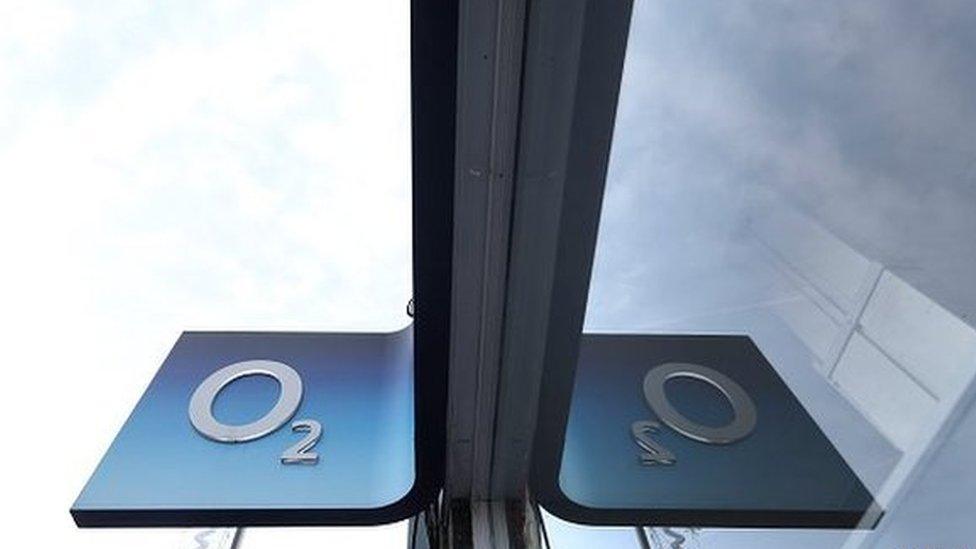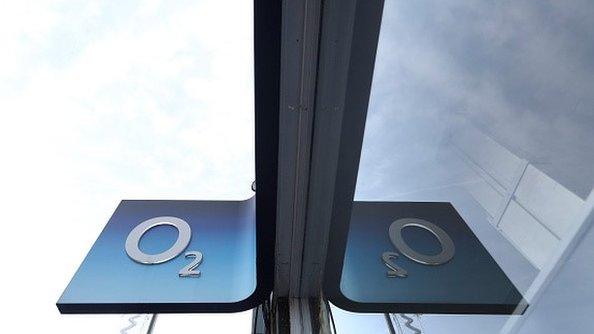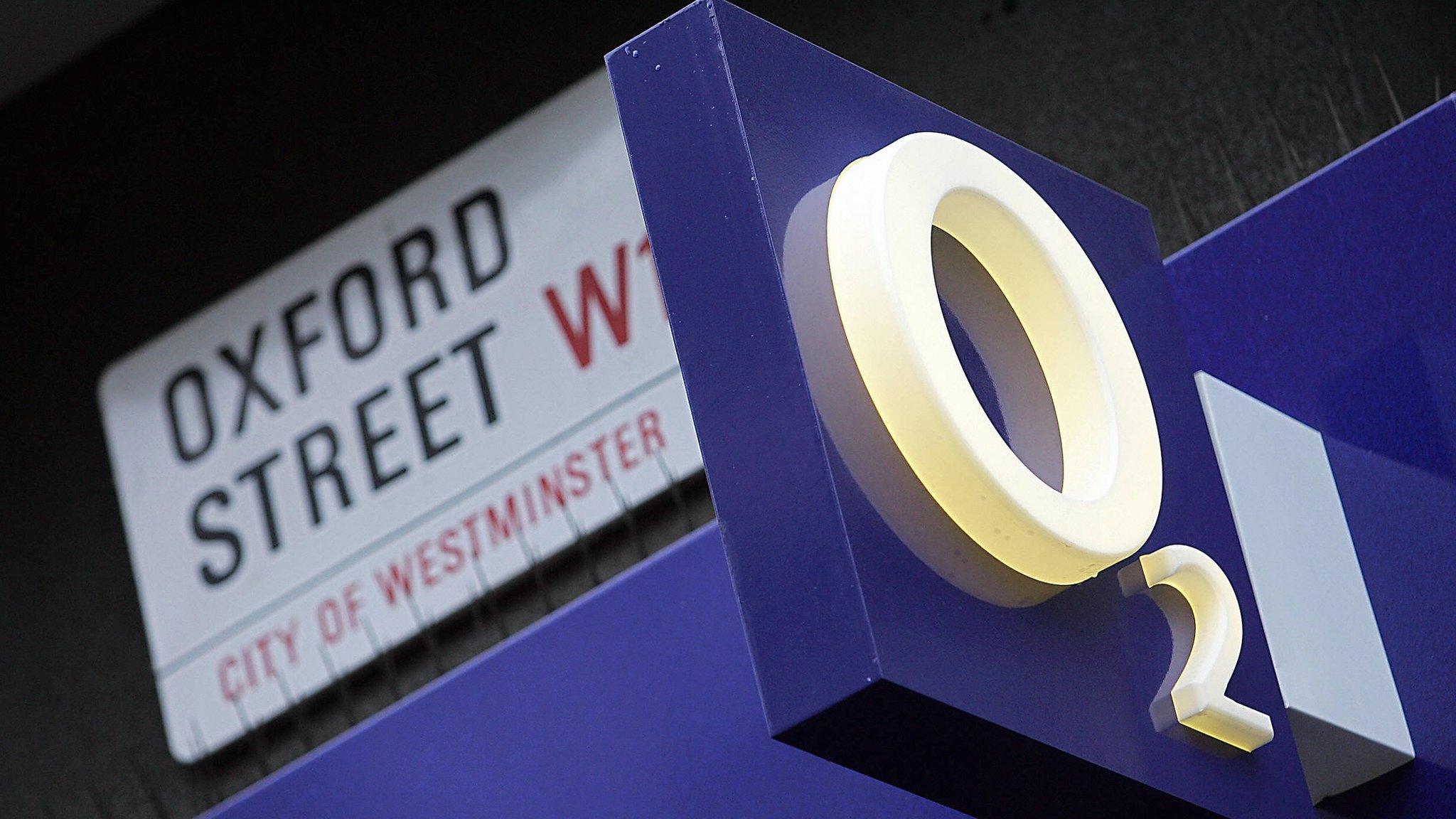O2 deal 'threatens' mobile competition
- Published

The planned merger of O2 and Three threatens competition in the UK mobile phone market, according to the UK competition regulator.
Telefonica, which owns O2, has agreed to sell it to Hong Kong-based Hutchison Whampoa, for $10.2bn (£6.7bn).
It would create the UK's largest mobile company with a 40% market share.
The Competition and Markets Authority has asked to investigate the case, rather than Europe, as it believes the deal mostly affects UK consumers.
The CMA said, external its initial view was that the deal threatened to "affect significantly competition" in both the retail and wholesale mobile markets.
It added that there were "clear links" between this deal and BT's plan to buy EE.
The proposed purchase of O2 by Three, which is owned by Asia's richest person Li Ka-shing, emerged in January.
However, just two other major operators would be left: EE and Vodafone.
James Barford, telecoms analyst at Enders Analysis, said the European Commission could decide it had greater expertise and experience in examining such a deal.
The EC has recently examined mergers in Ireland and Germany, both of which were approved, and another in Denmark.
'Significant remedies'
The Danish deal was abandoned because the two operators decided the remedies needed to win approval for the deal would be too harsh.
Mr Barford said there would be "significant remedies involved" if the Three/O2 deal is to be approved.

An image from a Three advertising campaign
"The question is whether the buyer - Hutchison - will accept them as the cost of doing the transaction. They have in the past in Ireland," he said.
Regulators could decide that despite reducing competition in the short term, having three strong mobile operators might be better in the longer term.
Both O2 and Three lack large amounts of mobile spectrum needed to offer fast mobile internet - unlike EE and Vodafone, Mr Barford said.
The EC must decide on whether to refer the case to the CMA by 30 October.
- Published24 March 2015

- Published23 January 2015
